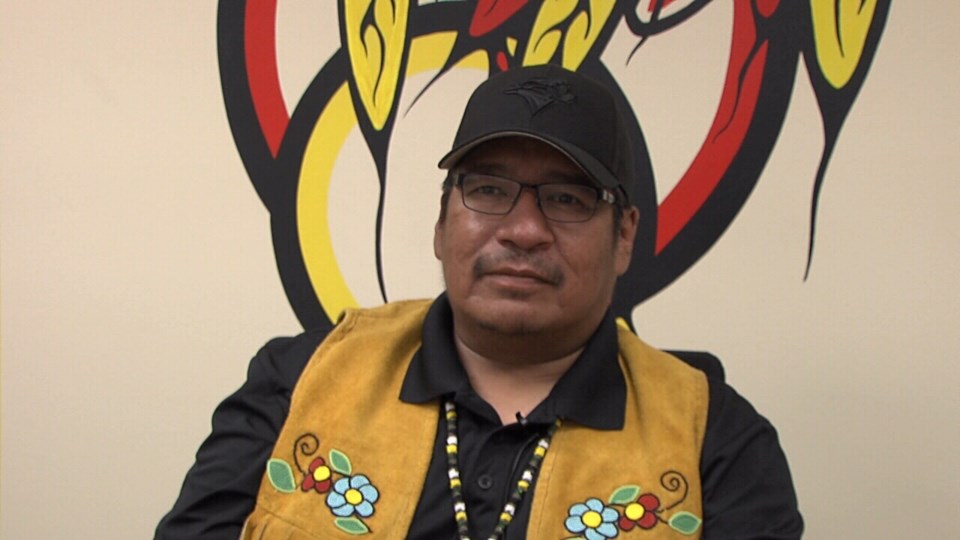THUNDER BAY — The Chiefs of Matawa First Nations are joining other Indigenous stakeholders in calling for more Indigenous content in Ontario's elementary school science and technology curriculum.
"We're troubled by what Ontario has done," says the Matawa Chiefs Council's spokesperson for education, Neskantaga Chief Wayne Moonias.
Concerns were raised earlier this year after it was reported that education ministry staff who had prepared a revised curriculum were directed to remove parts of an overarching theme that would have given students instruction on connections between Indigenous and Western science.
A Globe and Mail report said the deleted language was part of three "expectations" that would contribute to the shaping of lessons throughout the curriculum.
One of the expectations was having students "explore real-world issues by connecting Indigenous sciences and technologies and Western science and technology."
The report found that these expectations were changed to a statement about having students analyze contributions to science and technology from "various communities" rather than making Indigenous knowledge one of the core values of the curriculum.
A spokesperson for Education Minister Stephen Lecce said the new curriculum still includes more Indigenous teachings than the previous one, and cited examples such as Grade 3 students learning about plants grown by Indigenous people.
But the Matawa Chiefs Council wants the implementation of the new curriculum immediately halted.
Moonias said Ontario needs to acknowledge that Indigenous science is just as much a contribution to Ontario students and the general public as Western science is.
"Indigenous content in the science curriculum is very important. We're always talking about Indigenous relationships with governments...This is a very critical time in our relationship," Moonias said.
He said there was no consultation with the nine Matawa First Nations on the issue, and that this sends the wrong message in terms of reconciliation.
Matawa CEO David Paul Achneepineskum accused the province of "attempting to minimize or erase Indigenous knowledge" in classroom learning, adding that this perpetuates the roots of systemic racism at the elementary school level.
When Lecce unveiled the new curriculum in March, the government said it incorporated feedback from academic, industry, and other education stakeholders, including Indigenous partners.
His spokesperson, Grace Lee, said in a statement Tuesday that "We are committed to recognizing the contributions of First Nations, Métis, and Inuit individuals, communities and nations. That is why we have included Indigenous content and voices in Ontario's curriculum, including mandatory learning on residential schools."
Lee said there are also mandatory learning expectations in each grade on a variety of topics reflecting Indigenous knowledge and perspectives.
The revised curriculum, which replaces a 15-year-old version, emphasizes preparing students for skilled trades.
Lecce said it's designed to give young people "the skills to think critically, dream boldly, and chart new pathways forward for our economy."
It includes a new strand focused on applying science, technology, engineering and math, to provide students "with critical life and job skills" and prepare them for "the jobs of tomorrow," the government stated.
Students will learn skills such as computer coding starting as early as Grade 1.
